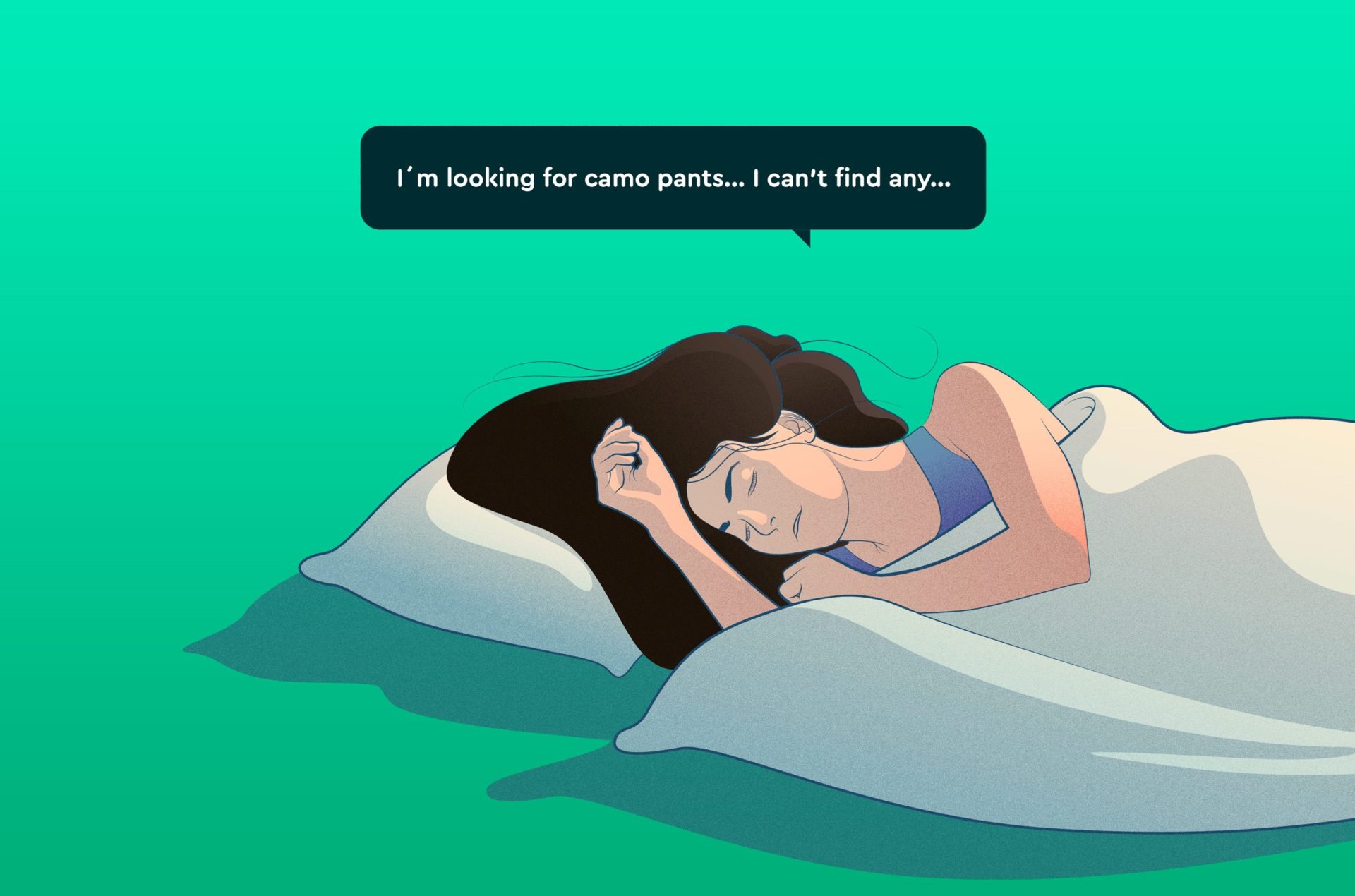Sleep plays a crucial role in maintaining our overall well-being. However, did you know that there are significant differences in the way men and women sleep? From sleep patterns to sleep disorders, understanding these distinctions can help us optimize our sleep quality and ensure better health and productivity. In this article, we will explore the unique sleep characteristics of men and women.

Credit: www.sleepcycle.com
1. Sleep Duration:
On average, women tend to sleep slightly longer than men. While both genders require around 7-9 hours of sleep, women often need a bit more to feel fully rested. This is attributed to various factors, including hormonal fluctuations, menstrual cycles, and increased multitasking responsibilities.
2. Sleep Architecture:
The sleep architecture, which refers to the different stages of sleep, shows differences between men and women. Women tend to spend more time in deep sleep stages, known as slow-wave sleep, while men have more periods of rapid eye movement (REM) sleep. Slow-wave sleep is essential for physical restoration and growth, while REM sleep is crucial for cognitive functioning and emotional well-being.

Credit: www.facebook.com
3. Sleep Disorders:
Both men and women can experience sleep disorders, but certain conditions are more prevalent in one gender. For instance, sleep apnea, characterized by pauses in breathing during sleep, is more common among men. On the other hand, women are more likely to experience insomnia, sleep-related movement disorders, and restless leg syndrome. Hormonal changes, pregnancy, and menopause can contribute to these gender-specific sleep disorders.
4. Sleep Efficiency:
Research suggests that women tend to have higher sleep efficiency compared to men. Sleep efficiency refers to the percentage of time spent sleeping compared to the total time spent in bed. Women generally fall asleep faster and experience fewer awakenings during the night. However, it’s important to note that various factors such as stress, lifestyle choices, and sleep environment can affect sleep efficiency for both genders.
5. Circadian Rhythm:
The circadian rhythm, also known as our internal body clock, can differ between men and women. Women typically have an earlier sleep-wake cycle, which means they tend to feel sleepy and wake up earlier than men. This biological difference is believed to be influenced by hormonal factors and can affect the sleep-wake preferences and energy levels throughout the day.
6. Sleep Hygiene:
Good sleep hygiene practices are essential for a restful sleep. However, men and women may have different habits when it comes to sleep hygiene. Women often prioritize relaxing activities before bedtime, such as reading or taking a warm bath. On the other hand, men may be more likely to engage in stimulating activities like watching TV or playing video games, which can interfere with their sleep quality.
7. Susceptibility to Sleep-related Issues:
While men are more prone to sleep apnea, women are generally more susceptible to insomnia. Insomnia, characterized by difficulty falling and staying asleep, is influenced by various factors, including stress, hormonal changes, and lifestyle choices. Recognizing these differences can help individuals seek the appropriate treatment or make lifestyle modifications to improve their sleep quality.
Conclusion:
Understanding the differences in sleep between men and women is essential for promoting optimal sleep health. Men and women have distinct sleep durations, sleep architecture, and susceptibility to sleep disorders. By recognizing these distinctions and adopting healthy sleep practices, individuals can work towards achieving a restful and rejuvenating sleep, leading to improved overall well-being and productivity.
Frequently Asked Questions On How Is Sleep Different For Men And Women : Unveiling The Sleep Secrets
How Does Sleep Differ For Men And Women?
Sleep patterns can differ between genders due to hormonal factors, stress levels, and biological differences.
Why Do Men And Women Have Different Sleep Needs?
Men and women have different sleep needs due to variations in metabolism, hormone levels, and lifestyle factors.
Do Men And Women Experience Different Sleep Disorders?
Yes, men and women can experience different sleep disorders such as sleep apnea or insomnia, although prevalence rates may vary.
How Does Aging Affect Sleep For Men And Women?
Aging can disrupt sleep patterns for both men and women, causing changes in sleep quality, duration, and the frequency of sleep disturbances.
Leave a Reply